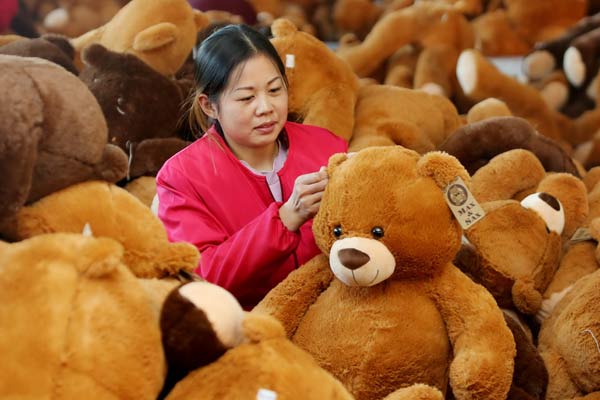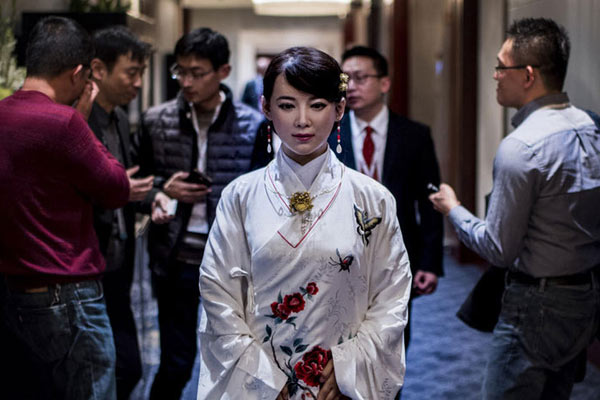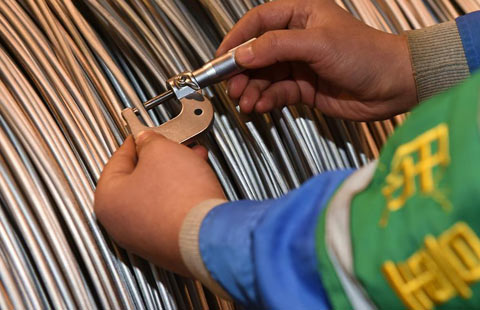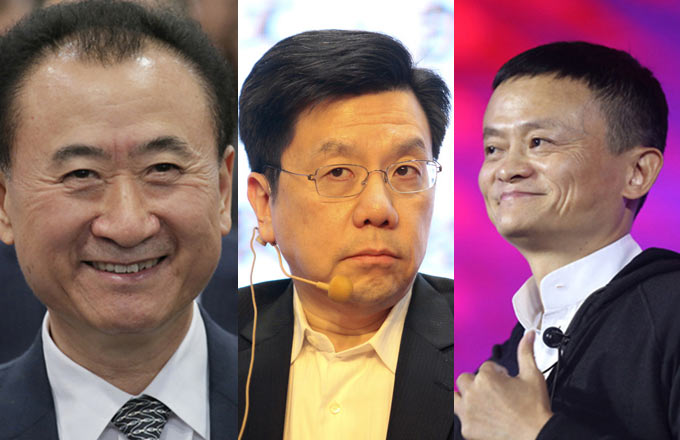Measures planned to develop exports
 |
|
A worker inspects toys at Dongsheng Toy Company in Ganyu, Jiangsu province. The company is an exporter to the European and US markets. [Photo by Si Wei/For China Daily] |
China will adopt fresh measures-such as encouraging more multinational Chinese companies to be formed and actively managing any friction created over trade-to help its exports in the current year, the Ministry of Commerce said on Thursday.
The ministry said that the development of more Chinese multinational companies is part of the overall push for corporate China to go global and stimulate trade.
The ministry also said the country has decided not to pursue high growth in foreign trade in 2017.
Ministry spokesman Sun Jiwen said as global demand for goods remains low and sentiment backing trade protectionism continues to rise, the outlook for China's foreign trade in the current year faces downward pressure and uncertainties.
"We have acutely noticed that labor, land and resource costs have all surged," Sun said.
The ministry said it has made plans to strengthen the integration between trade and industrial policies and build global companies such as Huawei Technologies Co Ltd, China Railway Rolling Stock Corp and Gree Electric Appliances Inc, to further compete with their global rivals.
Trade volumes between January and November in 2016 dropped 1.2 percent from a year earlier to 21.8 trillion yuan ($3.15 trillion), while the trade surplus shrank 5.8 percent to 3.1 trillion yuan, data from the General Administration of Customs showed.
With Chinese companies having already established a footprint in overseas markets, Sun said China will make further progress in two-way investment.
This will stimulate trade and help in the formulation of international trade and investment rules which are in the companies' interests, Sun added.
It will also accelerate the strategy of sealing more free trade agreements with more partners in the current year.
"China's exports are highly likely to be affected by the new trade policies from the United States in the first half of this year," said Xue Rongjiu, deputy director of the Beijing-based China Society for WTO Studies.
Xue said, however, that because most of their trade is complementary, any policy changes are unlikely to lead to long-term business losses on either side.
China will open another seven pilot free trade zones-the third batch-including Sichuan and Henan provinces soon.
It is expected that these will create new growth points for both trade and investment.
















